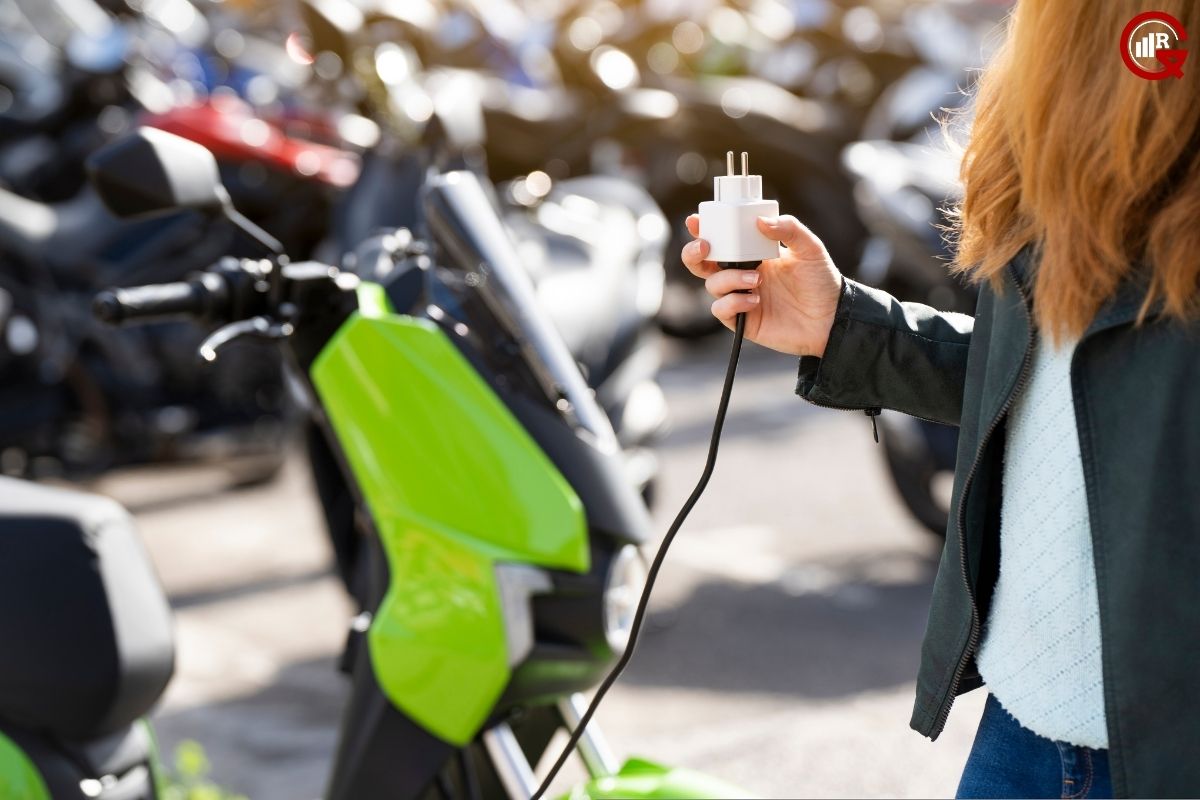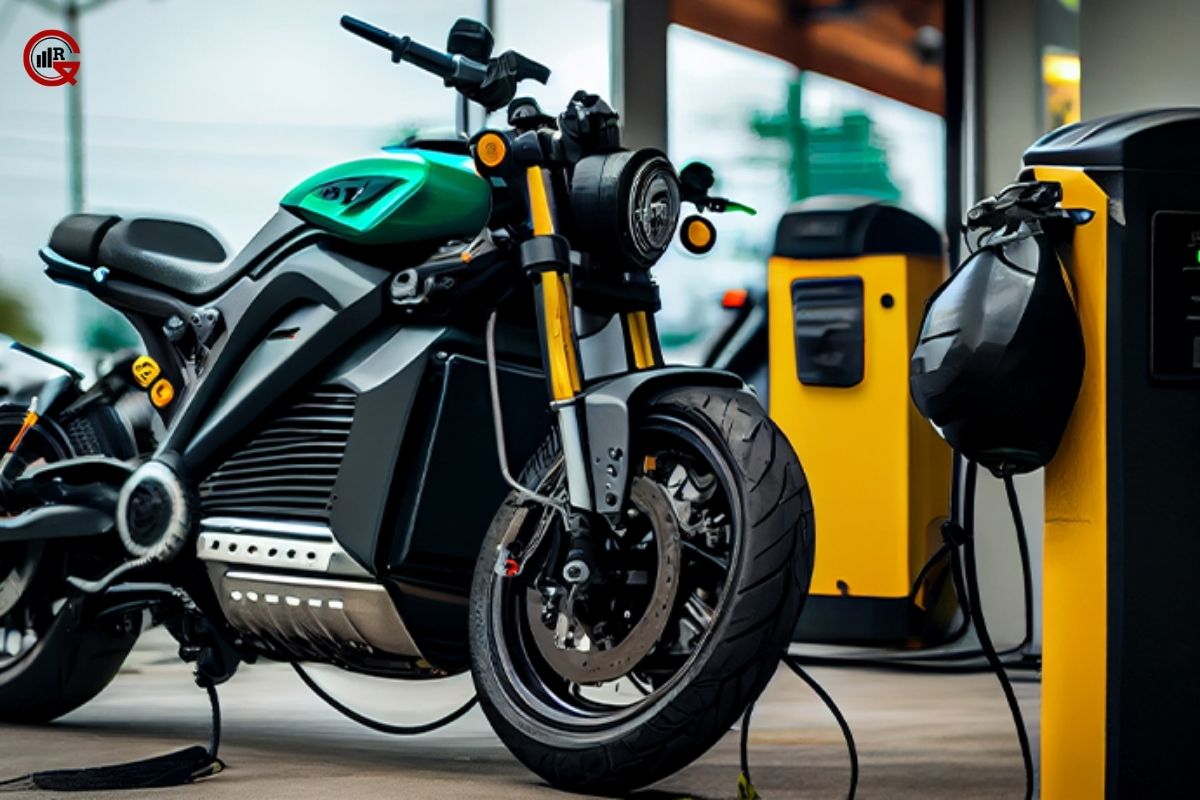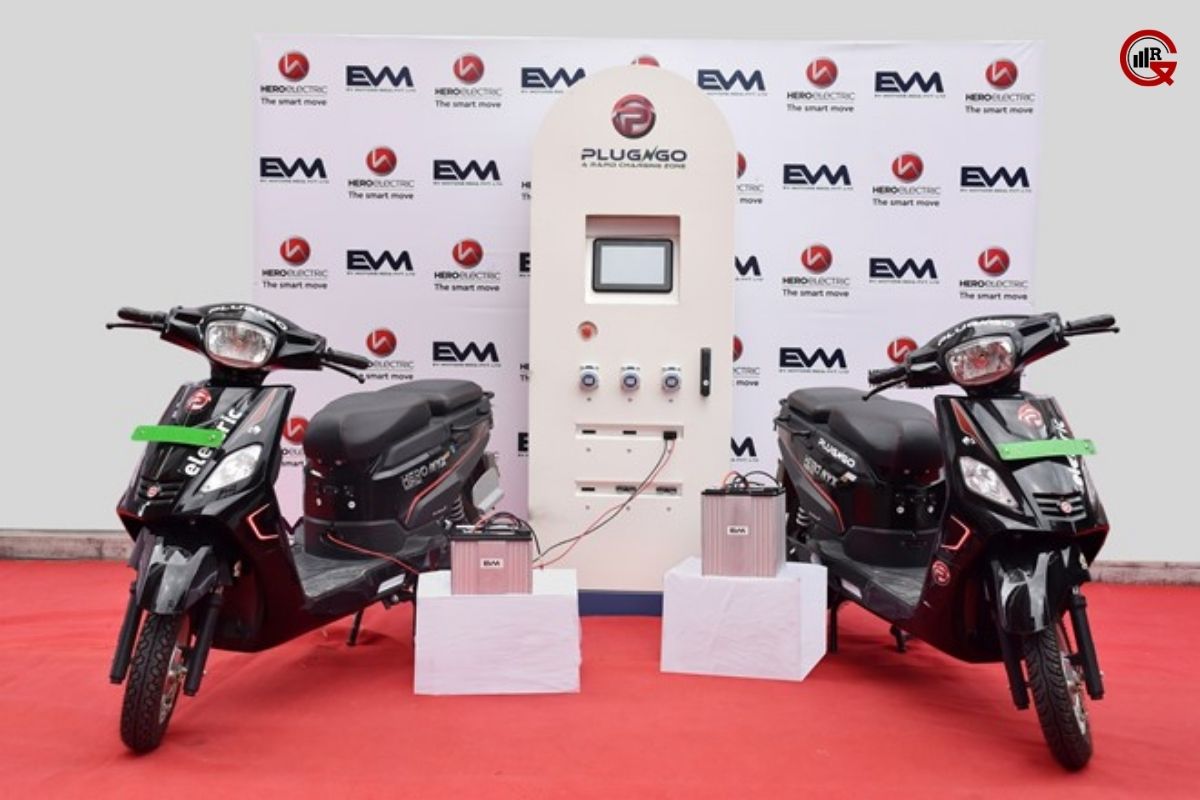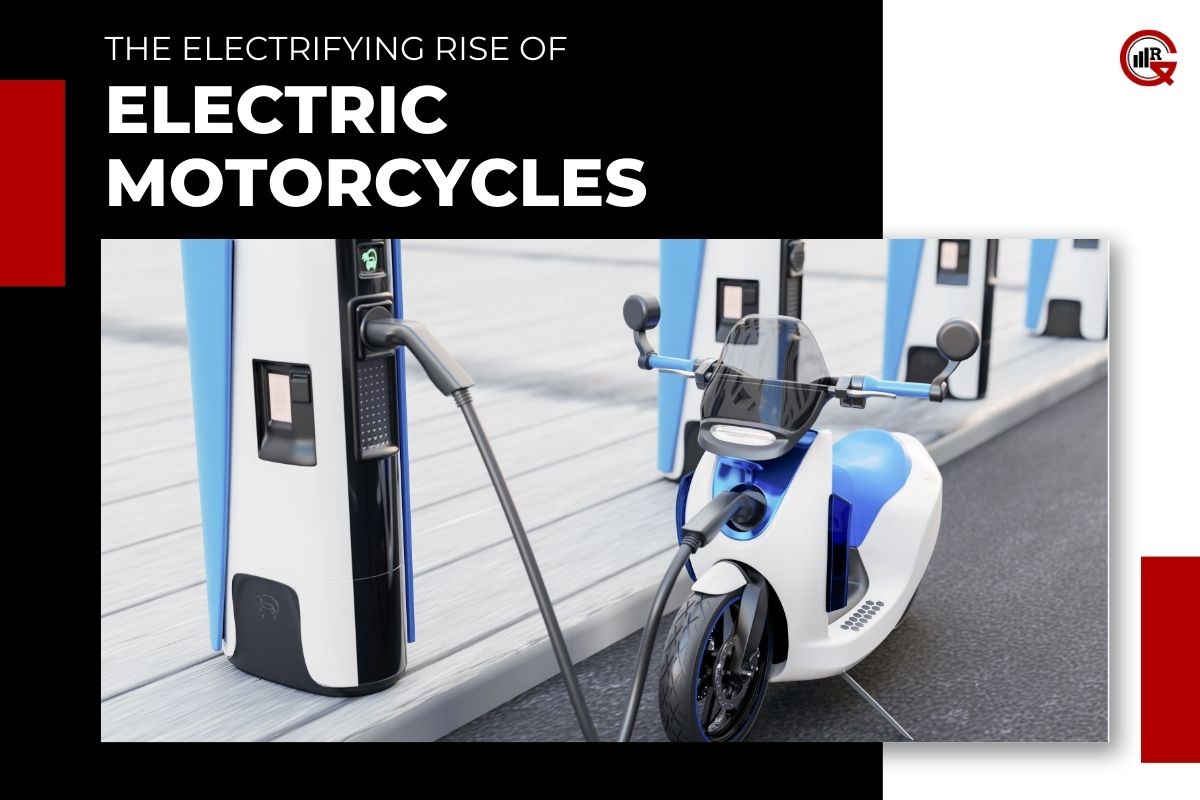In the realm of transportation, the buzz around electric vehicles (EVs) is louder than ever. While electric cars have dominated the spotlight, another player is silently gaining traction – the electric motorcycle. With the global push towards sustainability and eco-consciousness, electric motorcycles are emerging as a viable alternative to their gas-guzzling counterparts. In this article, we delve into the world of electric motorcycles, exploring their rise, benefits, challenges, and the road ahead.
The Rise of Electric Motorcycles
E-motorcycles are not a recent innovation. The concept dates back to the late 19th century. However, it’s only in recent years that they’ve gained significant attention and adoption. Advancements in battery technology, coupled with growing environmental concerns and improvements in performance, have fueled their resurgence.
Leading the charge in the electric motorcycle revolution are companies like Zero Motorcycles, Energica, and Harley-Davidson with their LiveWire model. These manufacturers have pushed the boundaries of what E-motorcycles can achieve, offering models that rival their combustion engine counterparts in speed, range, and style.
Benefits of Electric Motorcycles
Environmental Sustainability: Perhaps the most compelling reason to switch to electric motorcycles is their eco-friendliness. With zero tailpipe emissions, they help reduce air pollution and greenhouse gas emissions, making them a cleaner alternative to traditional motorcycles.
Lower Operating Costs: E-motorcycles have fewer moving parts than internal combustion engine motorcycles, resulting in lower maintenance costs. Additionally, electricity is often cheaper than gasoline, translating to lower fuel costs for riders.
Quiet and Smooth Ride: E-motorcycles are known for their whisper-quiet operation and smooth acceleration. This not only enhances the riding experience but also reduces noise pollution in urban areas.
Instant Torque: Unlike internal combustion engines that require revving to reach peak torque, electric motors deliver instant torque, providing exhilarating acceleration from a standstill.

Ease of Charging: With the growing network of charging stations, recharging an electric motorcycle is becoming more convenient. Home charging options further simplify the process, allowing riders to top up their batteries overnight.
Challenges and Concerns
Despite their numerous benefits, E-motorcycles face several challenges that hinder their widespread adoption.
Limited Range: Range anxiety remains a significant concern for potential buyers. While advancements in battery technology have extended the range of E-motorcycles, they still lag behind their gas-powered counterparts, especially in long-distance touring.
Charging Infrastructure: Although the charging infrastructure is expanding, it still lags behind that of electric cars. Limited charging stations and longer charging times pose challenges for riders, particularly on extended journeys.
Higher Initial Cost: Motorcycles often come with a higher upfront cost compared to their gasoline counterparts. While the lower operating costs over time can offset this initial investment, the higher sticker price remains a barrier for many consumers.
Perceived Performance Gap: While E-motorcycles have made significant strides in performance, there’s still a perception among some riders that they can’t match the power and thrill of traditional motorcycles. Convincing enthusiasts of the electric advantage remains a challenge.
The Road Ahead
Despite these challenges, the future looks promising for E-motorcycles. As technology continues to advance and economies of scale drive down production costs, E-motorcycles are becoming more accessible to a broader audience. Government incentives and regulations aimed at reducing emissions further incentivize their adoption.
Manufacturers are also focusing on innovation to address the limitations of E-motorcycles. Improvements in battery technology are extending the range and reducing charging times, while advancements in motor design are enhancing performance.
Moreover, the shift towards E-motorcycles aligns with the broader trend towards sustainable transportation. As consumers become more environmentally conscious and cities implement stricter emissions regulations, the demand for electric motorcycles is expected to soar.
Expanding Market Opportunities

Urban Mobility Solutions: E-motorcycles are particularly well-suited for urban environments where short commutes and stop-and-go traffic are common. Their compact size, nimble handling, and zero-emission operation make them an ideal choice for navigating congested city streets. As cities around the world prioritize sustainable transportation solutions, electric motorcycles offer a compelling alternative to cars and public transit.
Last-Mile Delivery: The rise of e-commerce has led to an increased demand for efficient last-mile delivery solutions. E-motorcycles, with their ability to maneuver through traffic and access tight spaces, are emerging as a popular option for delivery companies. Their lower operating costs and reduced environmental impact make them an attractive choice for businesses looking to enhance their sustainability credentials while optimizing delivery operations.
Technological Advancements
Smart Connectivity: As with electric cars, E-motorcycles are embracing smart connectivity features. Integration with smartphone apps allows riders to monitor battery status, track performance metrics, and access navigation assistance. Some models even offer features like anti-theft tracking and remote diagnostics, enhancing convenience and security for riders.
Autonomous Riding Technology: While still in the early stages of development, autonomous riding technology holds the potential to revolutionize the motorcycle industry. Companies are exploring the integration of advanced sensors, cameras, and AI algorithms to enable self-balancing and collision avoidance systems. While fully autonomous motorcycles may be a few years away, incremental advancements in semi-autonomous features promise to enhance safety and convenience for riders.
Environmental Impact
Reduced Noise Pollution: In addition to eliminating tailpipe emissions, electric motorcycles contribute to a quieter urban environment by reducing noise pollution. The absence of engine noise not only enhances the riding experience for motorcyclists but also reduces noise disturbances for pedestrians and residents.
Preservation of Natural Resources: By reducing reliance on fossil fuels, electric motorcycles help preserve natural resources and mitigate the environmental impacts of extraction and transportation. With renewable energy sources like solar and wind powering the grid, E-motorcycles offer a more sustainable alternative to gasoline-powered vehicles.
Cultural Shift and Community Building
Rider Community and Advocacy: The growing community of electric motorcycle enthusiasts is playing a vital role in advocating for the adoption and acceptance of electric two-wheelers. Through online forums, social media groups, and organized events, riders are sharing their experiences, knowledge, and passion for E-motorcycles, fostering a sense of camaraderie and solidarity within the community.

Changing Perceptions: As E-motorcycles become more mainstream, attitudes towards them are gradually shifting. What was once seen as a niche or novelty is now being recognized as a practical and sustainable mode of transportation. Through education, outreach, and firsthand experiences, riders and advocates are dispelling myths and misconceptions about E-motorcycles, paving the way for broader acceptance and adoption.
In conclusion, electric motorcycles represent a sustainable and exhilarating mode of transportation for the future. While challenges remain, the benefits they offer in terms of environmental impact, operating costs, and riding experience are compelling. With continued innovation and support, electric motorcycles are poised to revolutionize the two-wheeler industry and pave the way for a cleaner, quieter, and more sustainable future on the road.






